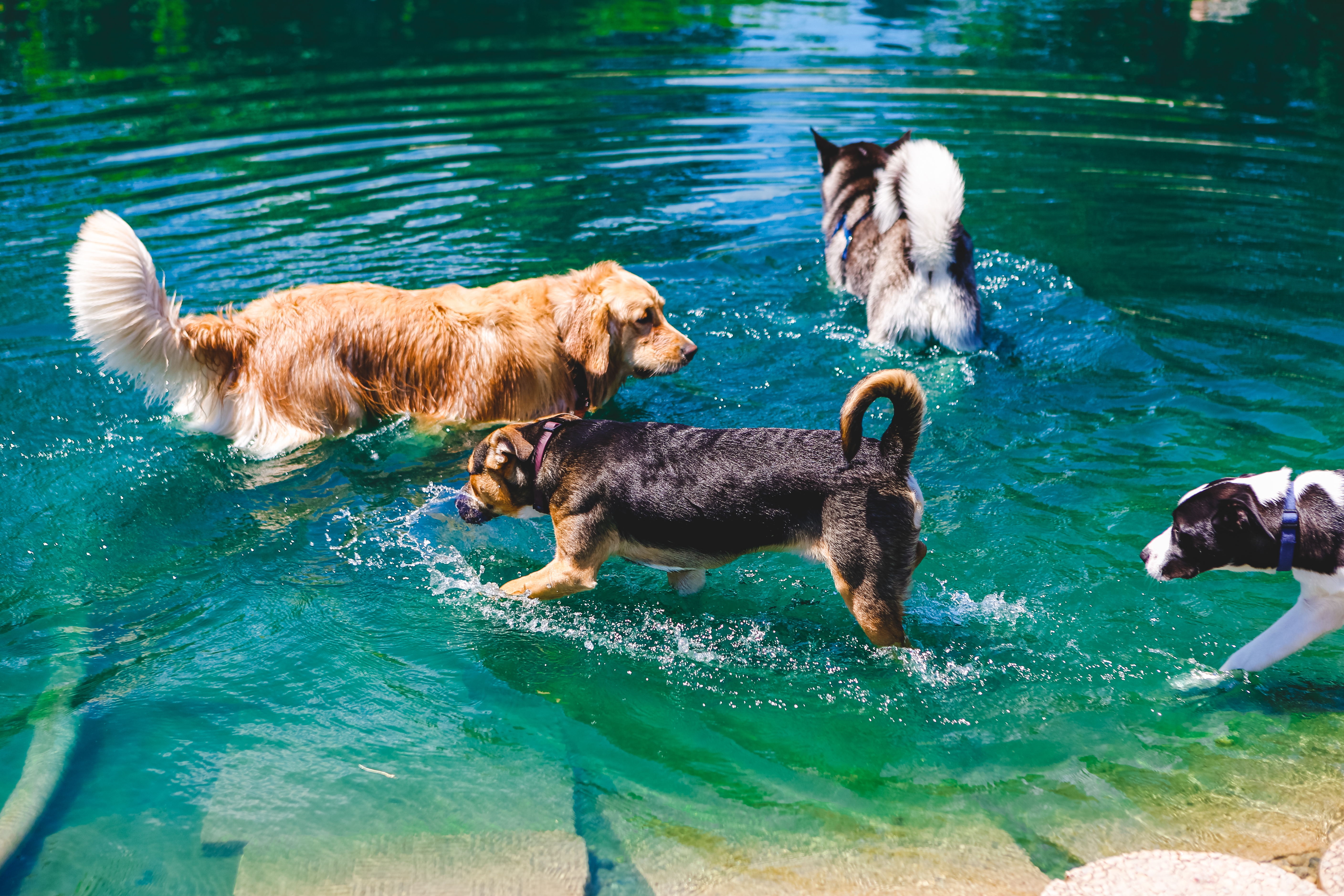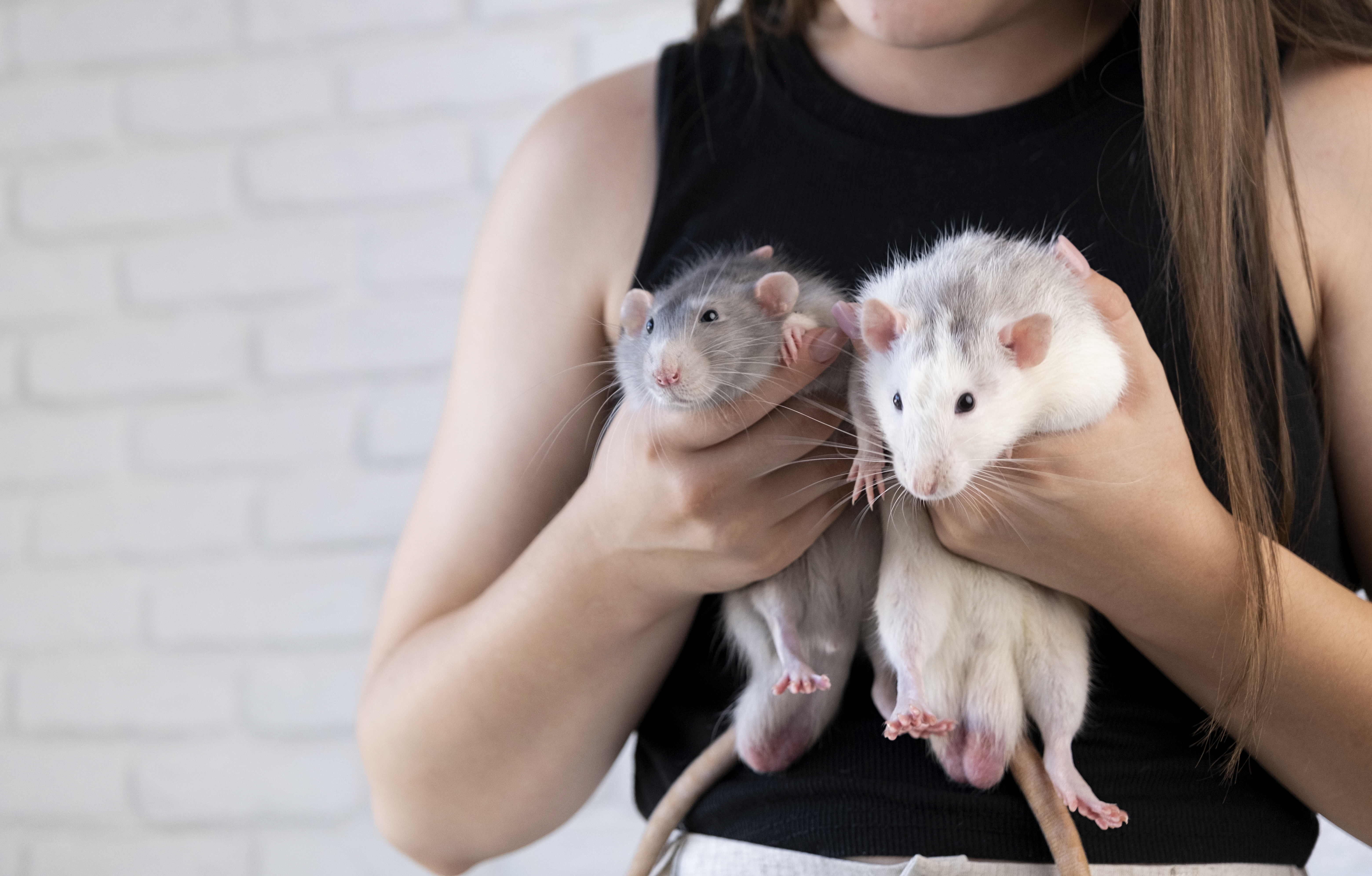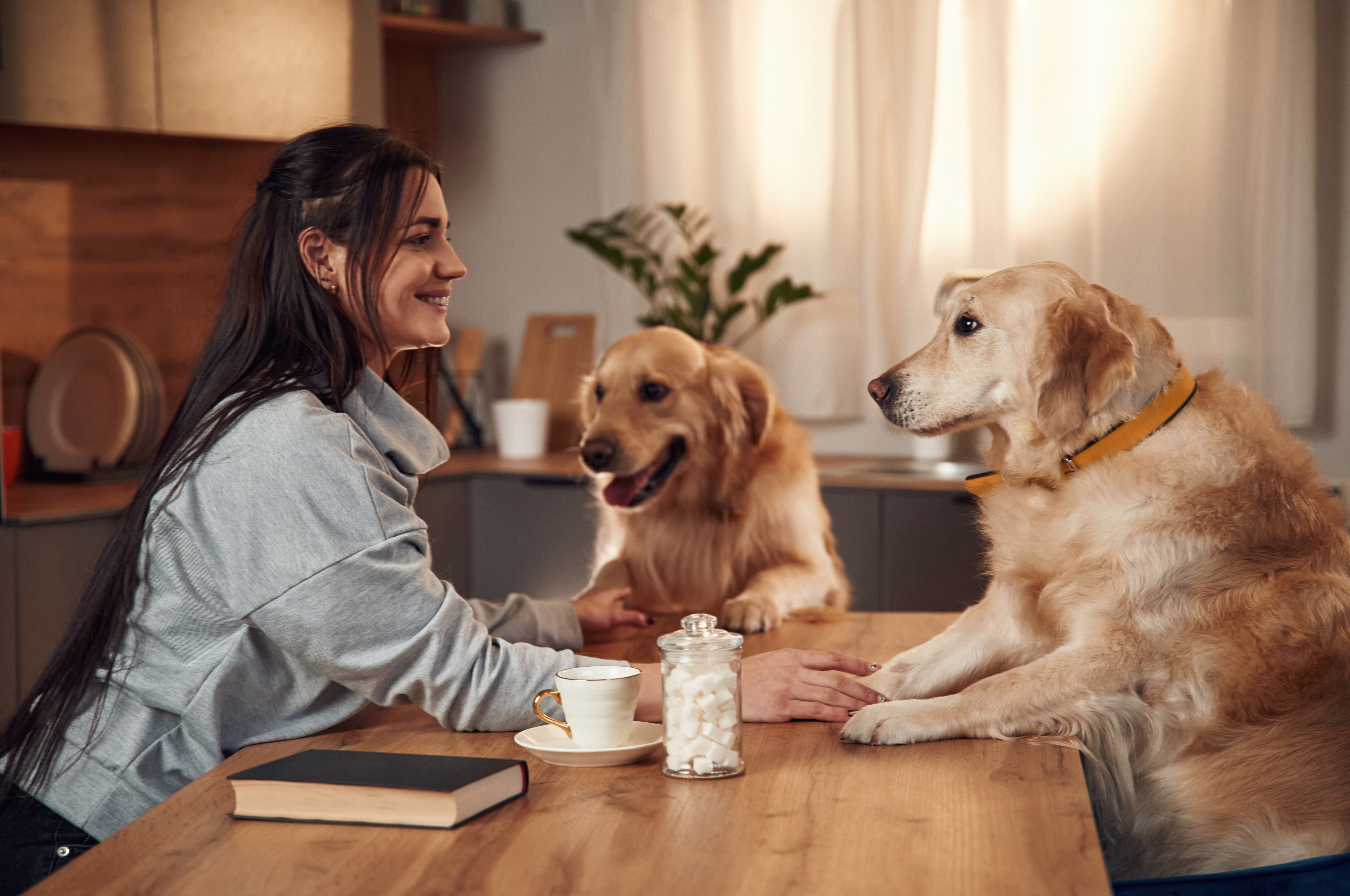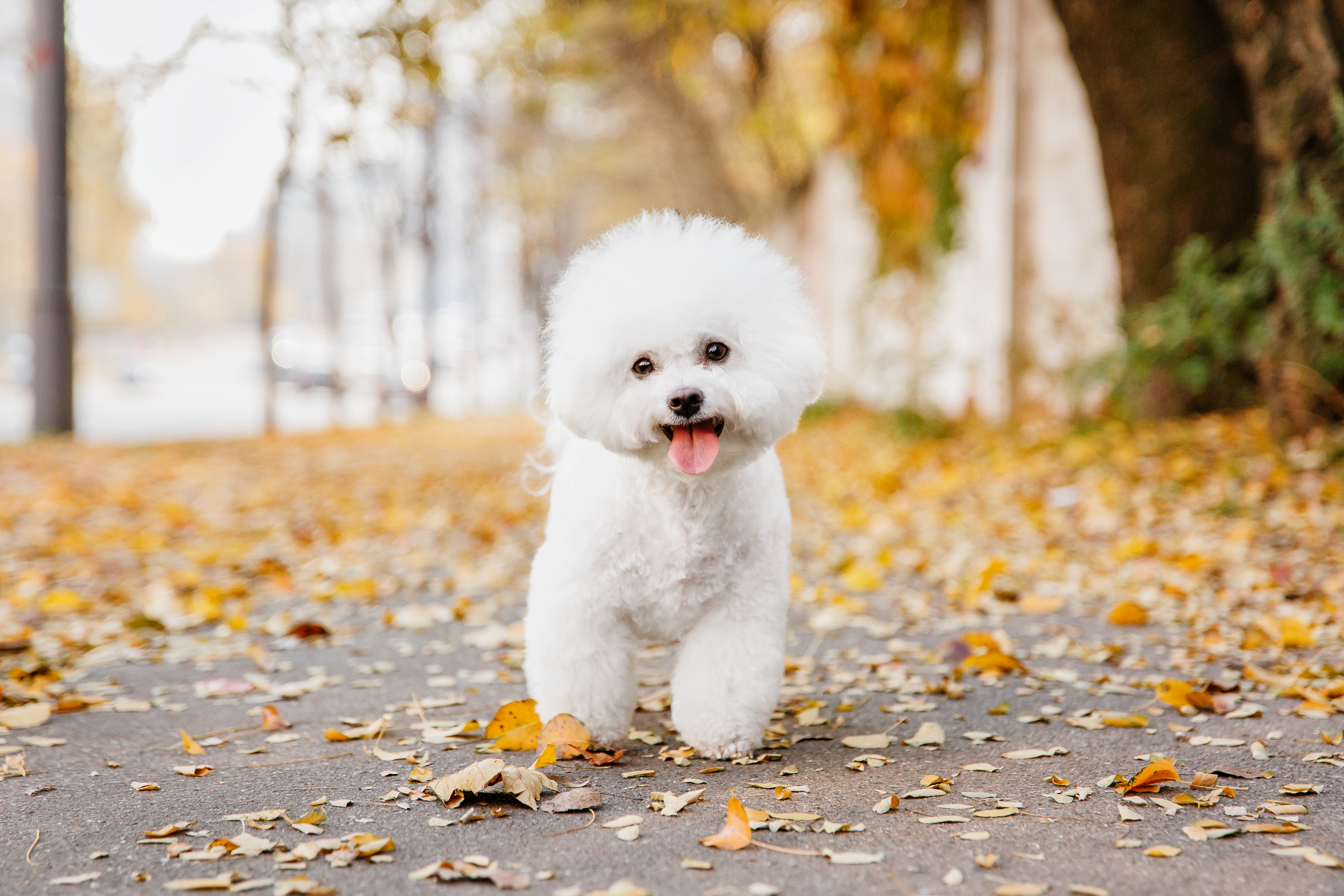10 Easy Ways to Keep Your Senior Dog Healthy and Happy
As our beloved dogs age, they enter a golden phase of life that requires a nuanced approach to care. Just as humans experience changes in their bodies and minds with age, so do our furry friends. Senior dogs, generally considered to be those over seven years of age, often face unique health challenges and lifestyle shifts. However, with the right strategies, you can ensure your senior dog not only survives but thrives, enjoying a life filled with vitality and happiness. This article delves into 10 ingenious tips designed to promote lifelong health and happiness for your senior dog. From nutritional adjustments to mental stimulation, each section offers a comprehensive look into effective strategies that will help your canine companion enjoy their twilight years to the fullest.
1. Understanding the Nutritional Needs of Senior Dogs
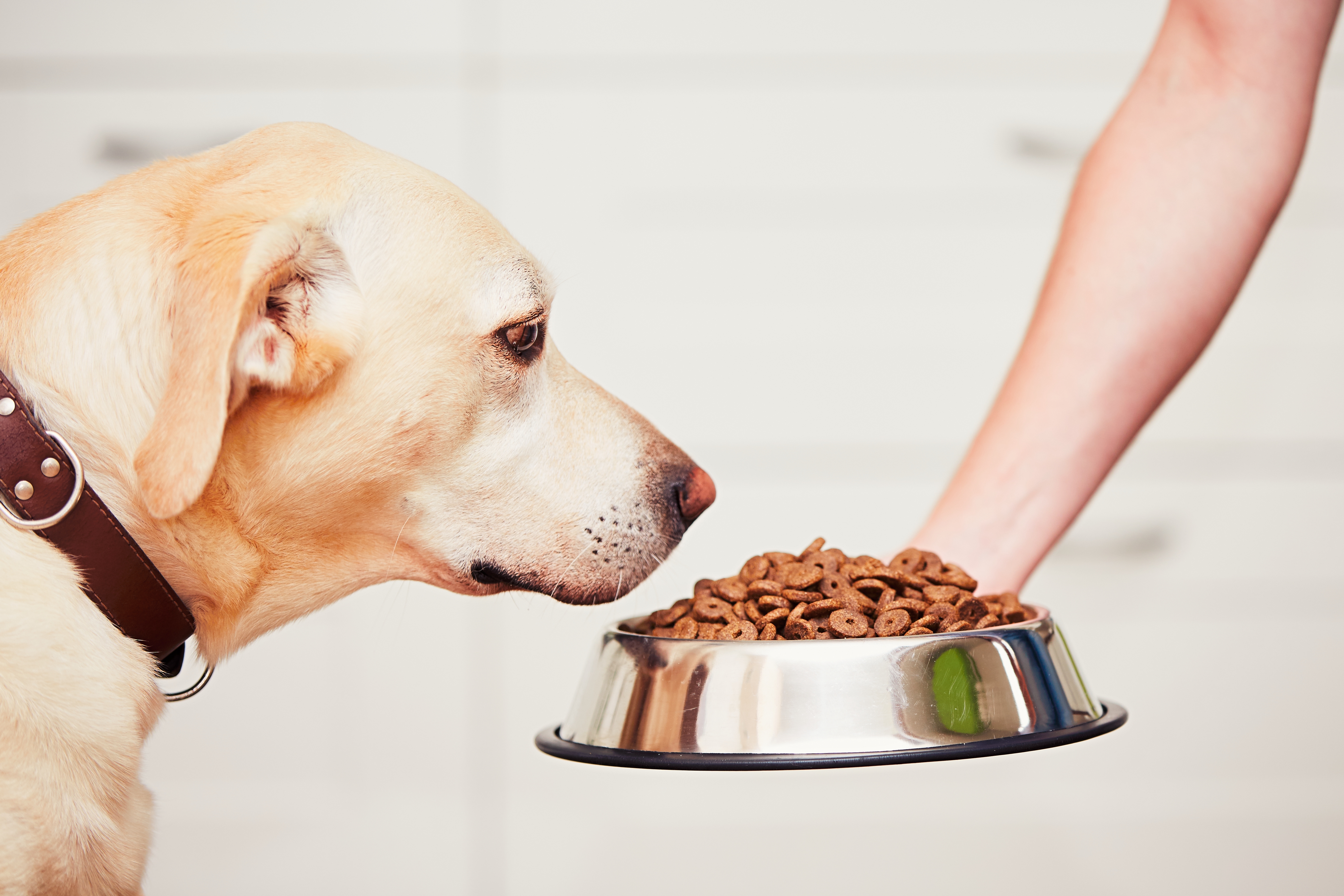
As dogs age, their metabolism slows down, and their nutritional requirements change. An essential component of keeping your senior dog thriving is adjusting their diet to meet these new needs. Senior dogs often benefit from a diet that is lower in calories to prevent obesity, a common issue that can exacerbate health problems like arthritis and diabetes. However, it is crucial that their food remains rich in essential nutrients, such as high-quality proteins, omega-3 fatty acids, and antioxidants, which support joint health, cognitive function, and overall vitality. Consulting with a veterinarian can provide tailored dietary recommendations based on your dog's specific health status, ensuring they receive the right balance of nutrients to support their aging bodies.
2. The Importance of Regular Veterinary Check-Ups
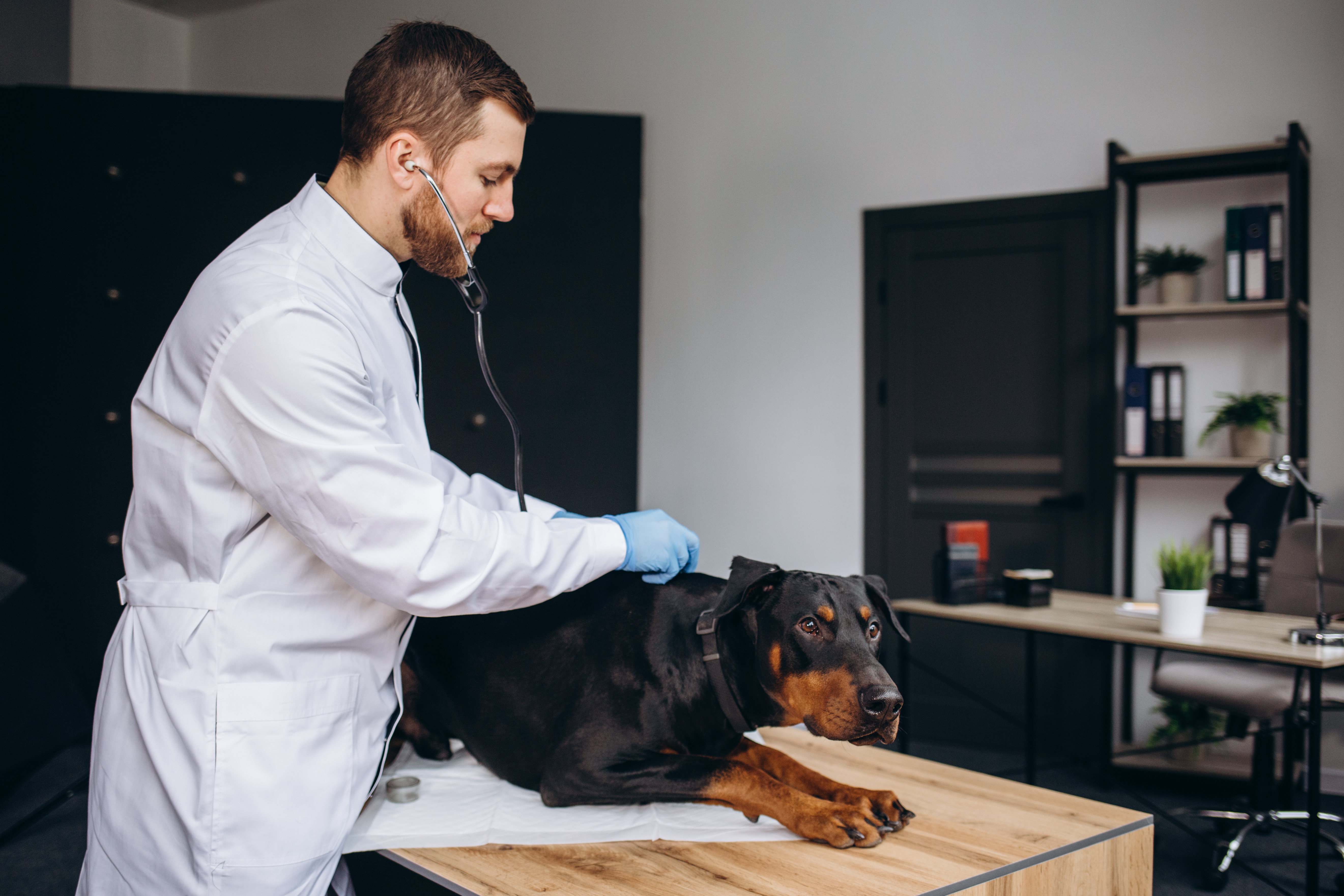
Regular veterinary check-ups become increasingly important as your dog ages. These visits are vital for early detection of age-related health issues, such as kidney disease, arthritis, or dental problems, which can significantly impact your dog's quality of life. During these check-ups, your veterinarian can conduct blood tests, dental examinations, and physical assessments to monitor your dog's health. Early intervention can prevent minor issues from becoming severe, allowing for more effective treatment options. Moreover, these visits provide an opportunity to update vaccinations and discuss any changes in behavior or appetite, ensuring your senior dog remains healthy and happy.
3. Tailoring Exercise Regimens for Senior Dogs
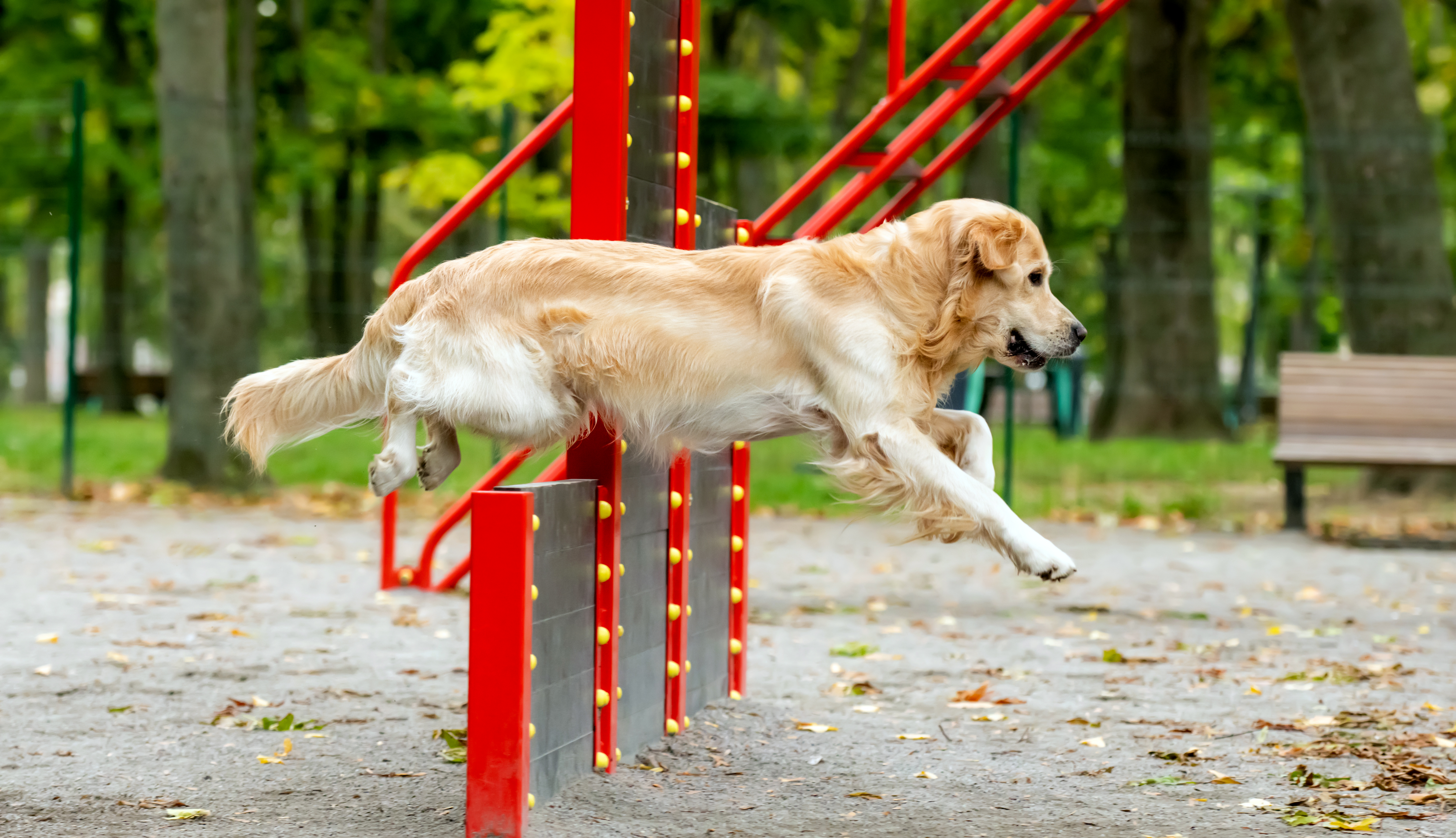
Exercise is crucial for maintaining a senior dog's physical and mental health, but it must be tailored to their changing capabilities. While younger dogs may thrive on vigorous activities, senior dogs benefit from low-impact exercises that accommodate their aging joints. Gentle walks, swimming, and interactive play can help maintain muscle mass, improve cardiovascular health, and prevent obesity without overexerting your dog. It's important to monitor your dog's response to exercise, adjusting the intensity and duration as needed. Consistent, moderate exercise not only enhances physical health but also provides mental stimulation, reducing anxiety and promoting a sense of well-being.
4. Cognitive Enrichment and Mental Stimulation
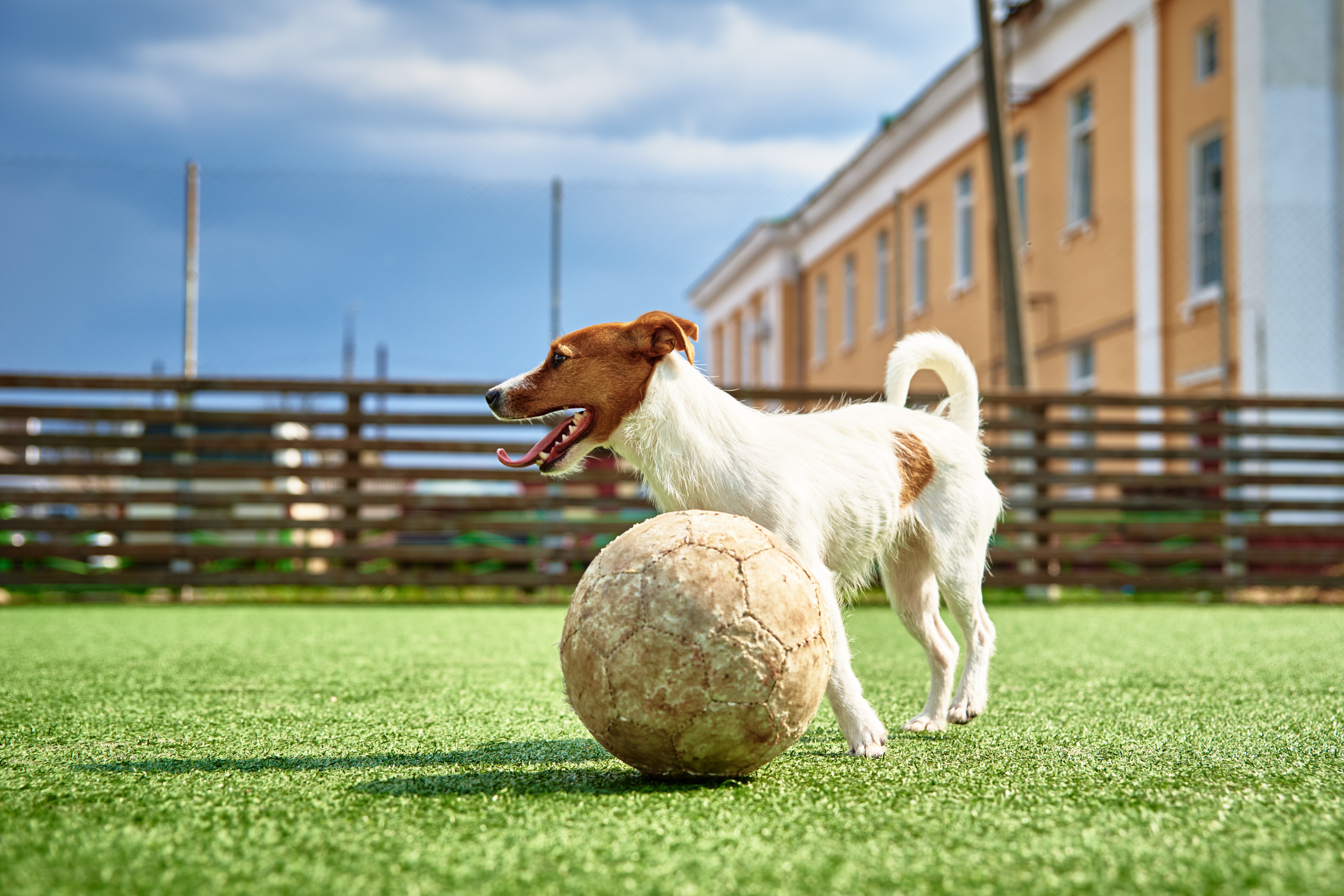
Just like humans, dogs can experience cognitive decline as they age. Providing mental stimulation is essential to keep their minds sharp and engaged. Puzzle toys, scent games, and training sessions can challenge your dog's cognitive abilities, helping to stave off conditions such as canine cognitive dysfunction. Incorporating new experiences, like exploring different walking routes or introducing new toys, can also keep your senior dog's mind active. Regular mental exercise is not only enjoyable for your dog but also strengthens the bond between you, contributing to their overall happiness and quality of life.
5. The Role of Social Interaction in Senior Dog Well-being
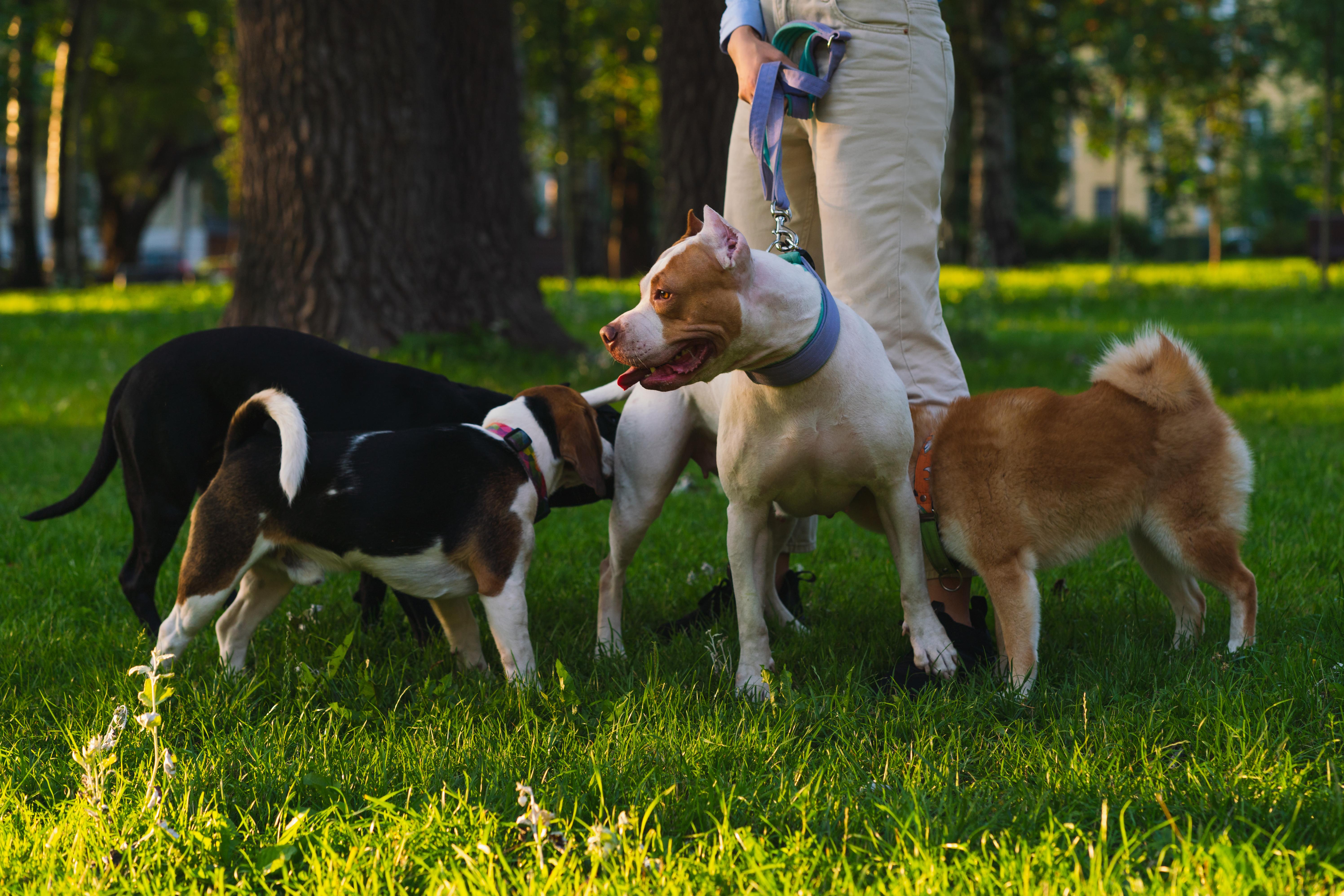
Social interaction is a key component of a senior dog's well-being. Regular socialization with other dogs and humans helps maintain their social skills and prevents loneliness, which can lead to depression and anxiety. Arrange playdates with other friendly dogs, or visit dog-friendly parks where your dog can safely interact with others. Additionally, spending quality time with your dog, through activities like grooming, petting, or simply being present, reinforces your bond and provides reassurance. Social engagement enriches your dog's life, enhancing their emotional health and contributing to their overall happiness.
6. Creating a Comfortable Living Environment

As dogs age, they may develop sensitivities to temperature, require more rest, and experience joint pain. Creating a comfortable living environment is crucial to accommodate these changes. Provide a warm, supportive bed to ease joint discomfort and ensure your dog has access to quiet, cozy spaces where they can retreat and rest. Consider adding ramps or steps to help your dog access furniture or climb stairs without strain. Maintaining a stable, familiar environment with minimal changes can reduce stress and anxiety, allowing your senior dog to feel secure and relaxed in their home.
7. Dental Care: A Cornerstone of Health
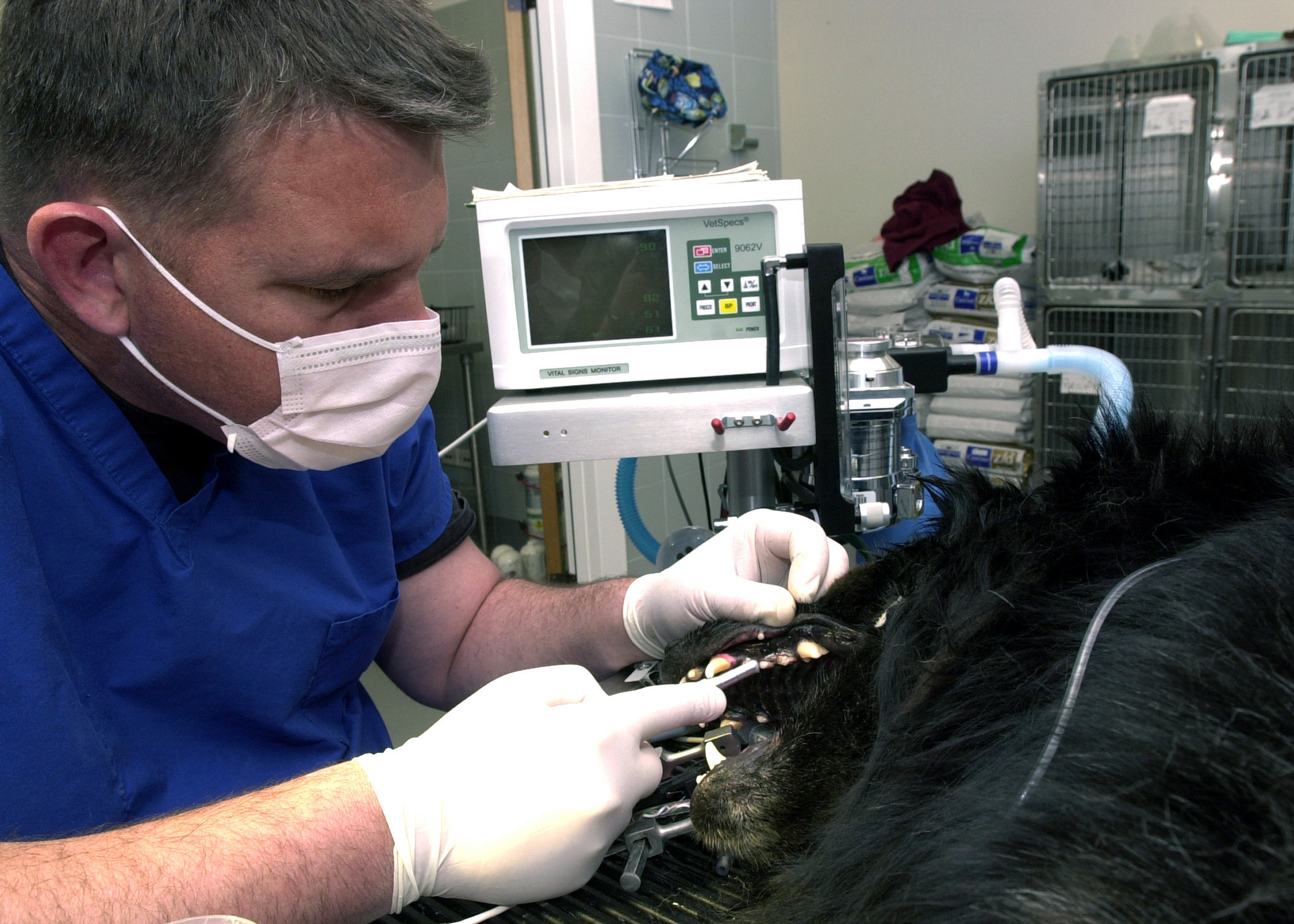
Dental health is often overlooked but is a cornerstone of overall health for senior dogs. Poor dental hygiene can lead to periodontal disease, which can cause pain, tooth loss, and even affect vital organs through bacterial infections. Regular brushing, dental chews, and professional cleanings can help maintain your dog's oral health. Additionally, providing toys designed to clean teeth during play can be an effective supplement to brushing. A healthy mouth is crucial for your dog's comfort and well-being, preventing discomfort and ensuring they can enjoy their food without pain.
8. Managing Chronic Pain and Arthritis

Many senior dogs suffer from chronic pain and arthritis, which can significantly affect their quality of life. Managing this pain is essential to keep your dog active and comfortable. Consult with your veterinarian about pain management options, which may include medications, supplements like glucosamine and chondroitin, or alternative therapies such as acupuncture and physical therapy. Regular, gentle exercise and maintaining a healthy weight can also alleviate pressure on joints. By effectively managing pain, you can improve your dog's mobility and ensure they enjoy their daily activities without discomfort.
9. Monitoring and Supporting Emotional Health
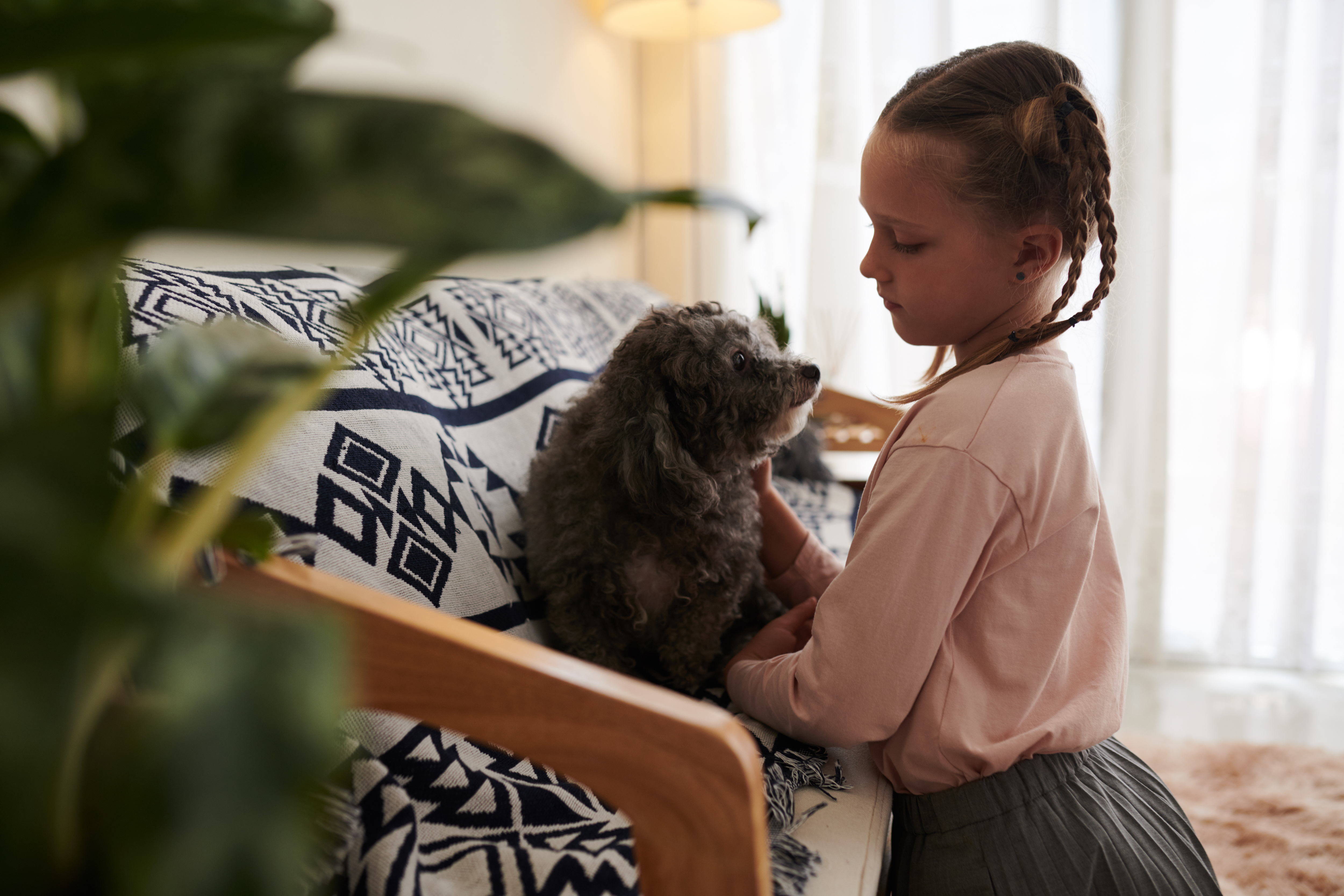
Emotional health is as important as physical health in senior dogs. Changes in routine, loss of companions, or physical discomfort can lead to anxiety or depression. Pay attention to changes in behavior, such as increased irritability, withdrawal, or changes in appetite, which may indicate emotional distress. Providing a stable, loving environment, along with regular mental and physical stimulation, can help support your dog's emotional well-being. In some cases, your veterinarian may recommend behavioral therapy or medications to help manage anxiety or depression. Ensuring your senior dog feels loved and secure is vital for their happiness.
10. The Power of Routine and Consistency
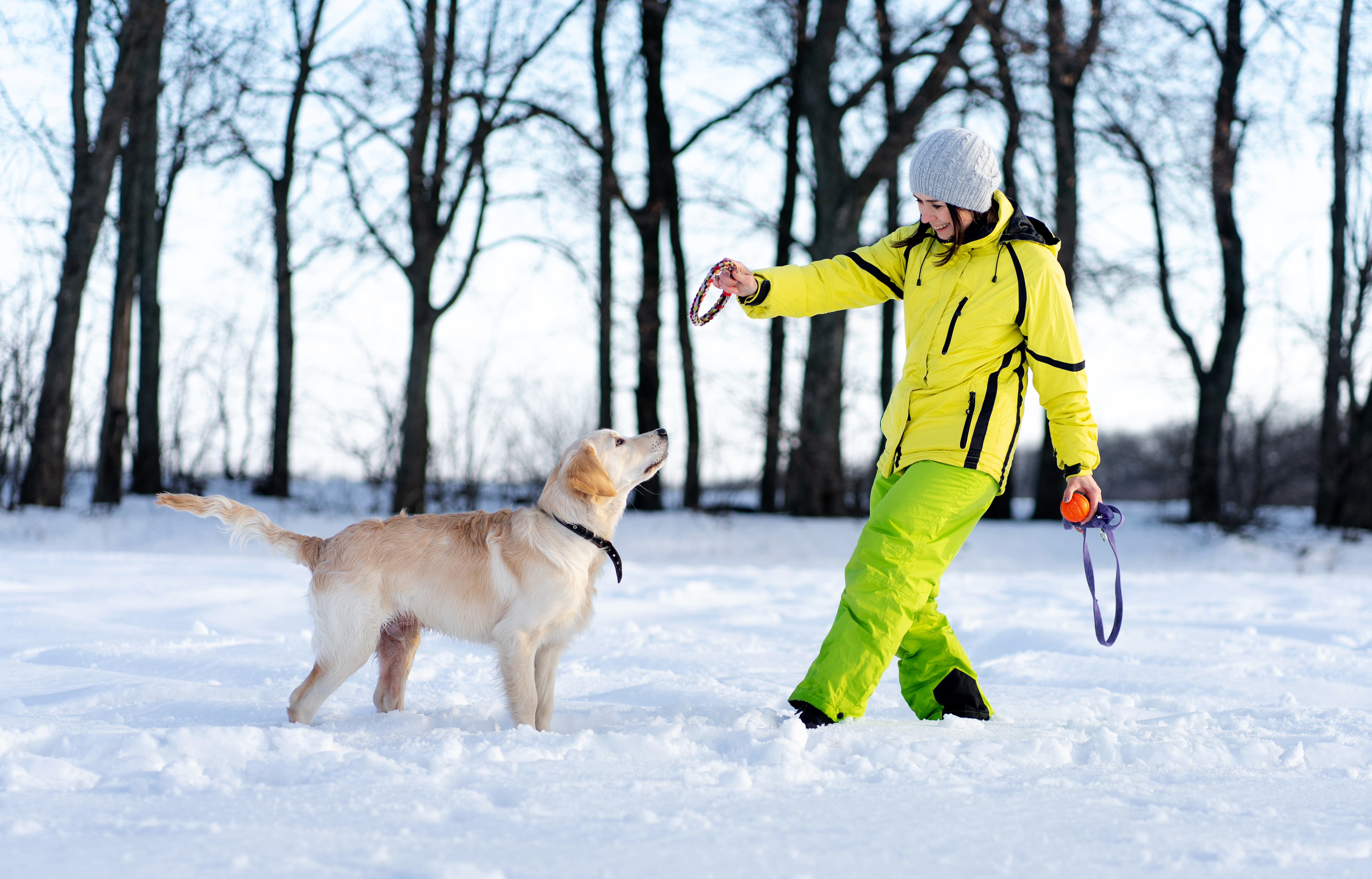
Routine and consistency provide a sense of security and predictability for senior dogs. Establishing a daily routine for feeding, exercise, and rest can help reduce anxiety and stress, allowing your dog to feel more at ease. Consistency in training and commands also reinforces good behavior and strengthens the bond between you and your dog. While it's important to introduce new experiences for mental stimulation, maintaining a core routine provides a comforting structure that supports your dog's emotional and physical health. A well-balanced routine contributes to a sense of stability and contentment in your senior dog's life.
Caring for a senior dog is a rewarding journey filled with opportunities to deepen your bond and create lasting memories. By understanding and addressing the unique needs of your aging companion, you can ensure they enjoy a healthy, happy, and fulfilling life. From tailored nutrition and exercise to emotional support and routine, each aspect of care plays a crucial role in your dog's well-being. As you implement these ingenious tips, you not only enhance your dog's quality of life but also enrich your own, cherishing the special moments shared during their golden years.
